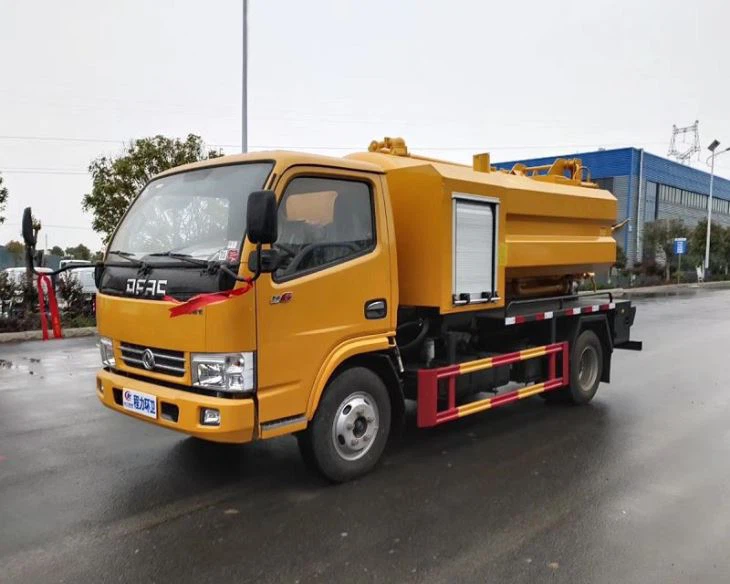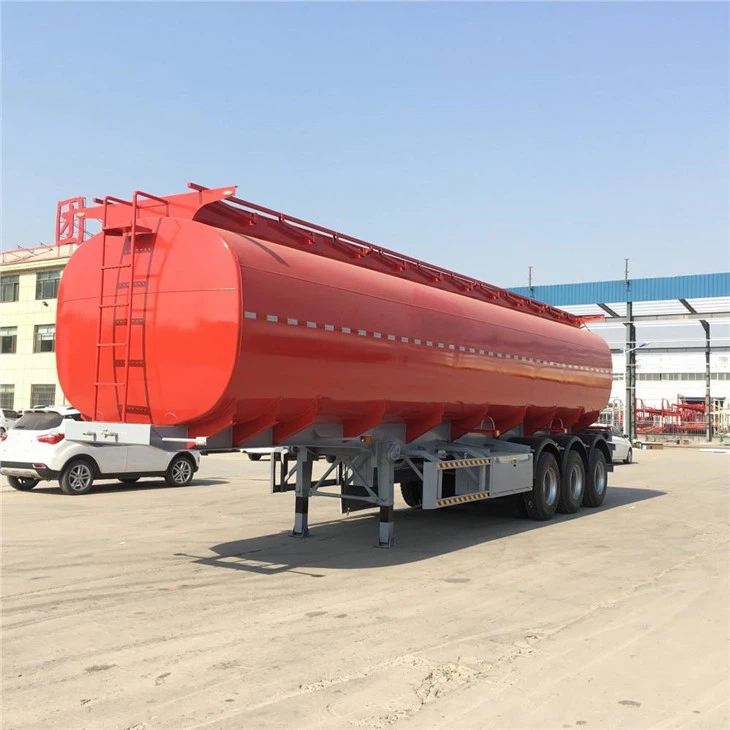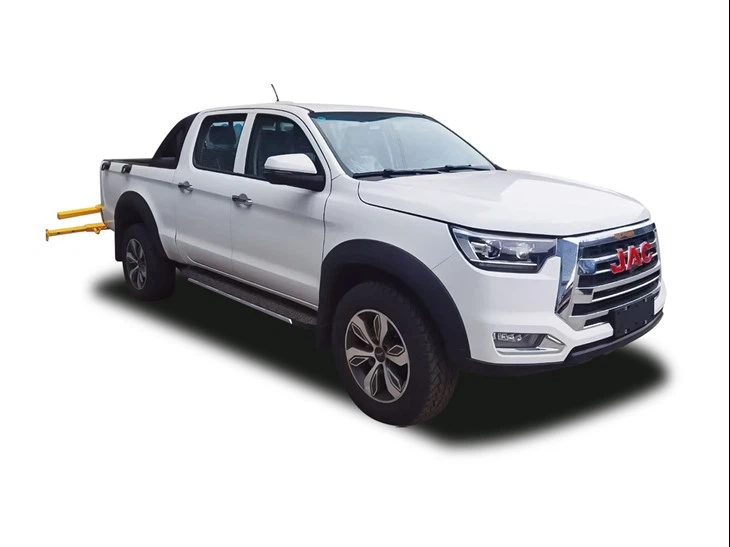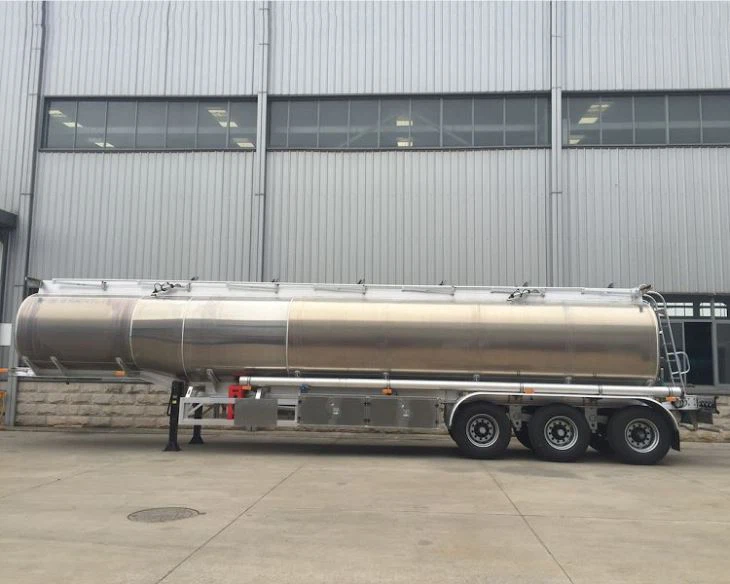Introduction
When it comes to transporting liquids, tank trucks are an essential component of many industries. These vehicles come equipped with specially designed tanks to safely carry liquids ranging from water to hazardous materials. This comprehensive guide explores various aspects of tank trucks, including their types, benefits, safety considerations, and more. Whether you’re a logistics manager or simply curious about this vital mode of transportation, you’ll find valuable information here.
What Are Tank Trucks?
Tank trucks are motor vehicles designed to carry liquids, gases, and in some cases, solids in a tank or container mounted on the chassis. They are commonly used in industries like oil and gas, food and beverage, and chemical manufacturing. The design and construction of tank trucks help ensure that their cargo is transported efficiently and safely.
Types of Tank Trucks
| Type | Description | Common Uses |
|---|---|---|
| Cistern Tank Trucks | Equip with tanks designed for transporting water. | Municipal water supply, firefighting |
| Fuel Tank Trucks | Specialized for transporting fuels like gasoline, diesel, and aviation fuel. | Gas stations, airports |
| Chemical Tank Trucks | Designed for transporting hazardous and non-hazardous chemicals. | Manufacturing, agricultural |
| Food Grade Tank Trucks | Sanitized tanks compliant with health regulations for food transport. | Food and beverage distribution |
| Vacuum Tank Trucks | Use suction to transport liquid waste or sludge. | Sewage, industrial waste management |
Benefits of Using Tank Trucks
Tank trucks provide numerous benefits that make them a popular choice for liquid transportation.
Efficiency
Tank trucks can transport large volumes of liquid in a single trip, leading to lower shipping costs compared to smaller vehicles. This efficiency is crucial for businesses needing to optimize their logistics.
Safety
Modern tank trucks are equipped with safety features such as crash-absorbent designs, automated emergency shut-off systems, and pressure monitors to ensure safe liquid transport.
Versatility
Tank trucks can be customized for various applications, making them suitable for different industries and liquids.
Key Components of a Tank Truck
A tank truck consists of several critical components that work together to ensure safe and effective transportation.
Tank
The tank is the main component, designed according to the material being transported. It must meet specific regulations regarding size, shape, and material.Below are a few common materials used:
- Aluminum – lightweight and resistant to corrosion
- Stainless Steel – ideal for food grade and chemical applications
- Fiberglass – used for corrosive materials
Chassis
The chassis provides the structural support for the tank and houses essential components such as the engine, transmission, and braking system.
Pump and Valves
Pumps are used for loading and unloading the liquid, while valves control the flow and pressure within the tank. These must be designed to prevent leaks and ensure safe handling.
Tank Truck Regulations and Standards
Transporting hazardous materials comes with a host of regulatory requirements. Here are a few key regulations to be aware of:
Department of Transportation (DOT) Regulations
The DOT sets standards for the construction and operation of tank trucks, particularly those carrying hazardous materials. Compliance is essential for safety and legal operations.
Environmental Protection Agency (EPA) Regulations
The EPA regulates spills and leaks during transportation. Tank trucks must meet specific design criteria to minimize environmental impact.
Safety Considerations for Tank Truck Operations
Safety is paramount when operating tank trucks. Here are vital safety considerations:

Training
All drivers must undergo thorough training to handle the specific materials being transported. This includes understanding emergency protocols and safe handling procedures.
Equipment inspections
Regular inspections and maintenance of both the truck and the tank are necessary to prevent leaks and mechanical failures.
Emergency Preparedness
Companies must develop emergency response plans to address spills, leaks, or accidents involving tank trucks.
Practical Examples of Tank Truck Use
Tank trucks are utilized in various scenarios across industries:
Fuel Delivery
Fuel tank trucks transport gasoline and diesel to gas stations, ensuring a steady supply for consumers.
Water Supply
Cistern tank trucks deliver potable water to areas with limited access to clean water, playing a crucial role in disaster relief efforts.
Waste Management
Vacuum tank trucks are commonly used in waste management to transport sewage and industrial waste to treatment facilities, contributing to environmental cleanliness.
Choosing the Right Tank Truck for Your Needs
When selecting a tank truck, consider the following factors:
Type of Liquid
Determine if you need a specialized tank for hazardous materials, food-grade liquids, or other types of cargo.
Volume Requirements
Assess how much liquid you need to transport regularly. Larger tanks mean fewer trips, but they also require more powerful vehicles.
Compliance Standards
Ensure that the tank truck adheres to all regulatory requirements based on the materials you will be transporting.
FAQ Section
What is the typical lifespan of a tank truck?

The average lifespan of a tank truck is around 15 to 20 years, depending on maintenance and usage.
Are tank trucks environmentally friendly?
Tank trucks can be environmentally friendly if they meet regulations and are well-maintained to prevent leaks and spills.
How are tank trucks cleaned after transporting hazardous materials?
Cleaning usually involves using specialized procedures and equipment to ensure that residues are removed and that the vehicle is safe for future use.
What is the importance of having a spill response plan?
A spill response plan is crucial for minimizing environmental impacts and ensuring the safety of personnel and the public in the event of an accident.
How often should tank trucks undergo maintenance?

Tank trucks should be inspected regularly, ideally every 6 to 12 months, depending on their usage and the regulations in place.
Can individuals own tank trucks for private use?
Yes, individuals can own tank trucks, but they must comply with local laws and regulations concerning transportation and safety.





